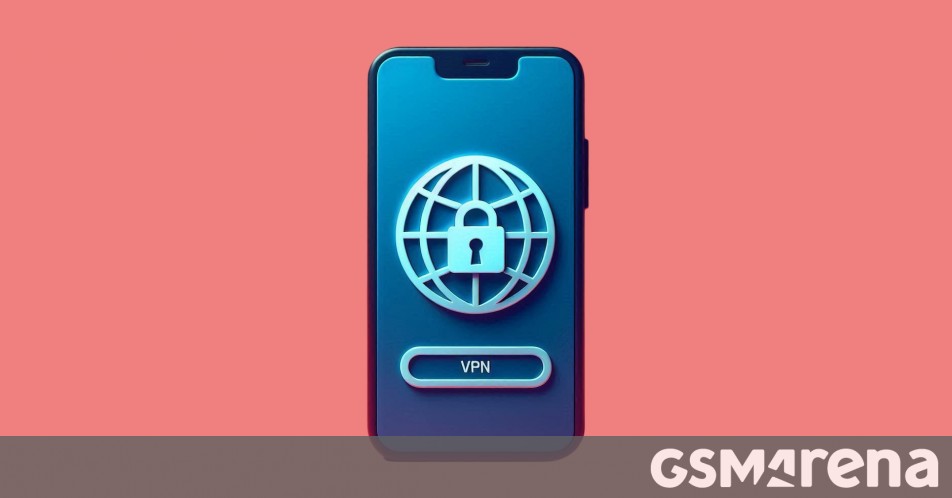There is also a large difference between openvpn and Wireguard.
Openvpn would cost me a few percent per day and would always be constantly retrying connection when in no service which absolutely killed my battery on the train.
Wireguard I have gotten a max of 1% ever. It seems to not have those issues.
There’s a really important reason for this! Wireguard is connectionless. The reconnection process is as simple as sending the next packet of data normally because the server will accept valid packets from anywhere. You don’t have to do some fancy re-handshake and re-authentication process every time you lose access momentarily.
This is perfect for a device like a smartphone that might suspend network access to save battery and switch between different networks on a regular basis. The software basically does nothing in these common cases. The server couldn’t care less where the packets are coming from so long as the crypto checks out. If the device wishes to sleep, just stop sending packets. There isn’t a connection to be broken.
Now, consider that the crypto can be handled in the kernel because the code is extremely simple and easy to maintain, which further reduces the power requirements through reducing the need to switch between privileged and unprivileged modes. The cryptography itself was designed to be easy to execute on a device where power consumption is a concern. Even if you don’t have hardware support for the operations, it executes very well on all virtually all processors.
Wireguard is an engineering marvel. It is simple, yet robust. It is good design.
Since you mentioned wireguard. I can’t fight the argue to mention the remarkable app called “Rethink”. This app finally let me use wirequard and local DNS blocking at the same time. it also got a big variety of settings and filters. and top of that it’s opensource! I no longer need or use Blokada after I found this app.
now that I got that out of the way, I feel much better right now :)
“We used NordVPN” (with an affiliate link)…
deleted by creator
I saw that. But, shared the article because of the battery tests.
Its not against you, dont worry. Its against shady NordVPN business practices.
And terrible English as well, at least the title.
You keep your web browsing history to yourself.
Bullshit
I haven’t really noticed my Vpn make any real difference so I just keep it now.
Interesting, I’ve always wondered how much battery my always on VPN consumes, it seems not much, but still not an insignificant amount. But my biggest worry with always on vpns is the idle usage, and its good to see its basically non extistent!
Battery consumption also depends on other factors like the speed of your network connection. If your VPN network is slow the battery usage would be higher.
Just an addendum for clarification. If you don’t want clarification, then yes: A slower connection may cause more battery drain.
A slower connection means you would need to be on your device longer which would result in a larger than normal perceived battery drain with normal use.
An unstable connection with lots of packet losses would cause chaos with the network stack on your phone leading to more memory consumption, unneeded encryption/decryption and possibly hung TCP sessions. That would be a battery suck. In the worst cases on older devices, could even cause your phone to get a little warmer. That gets worse if you VPN client has to constantly reconnect, which is another problem.
deleted by creator
I prefer aacubattery but this is ok








